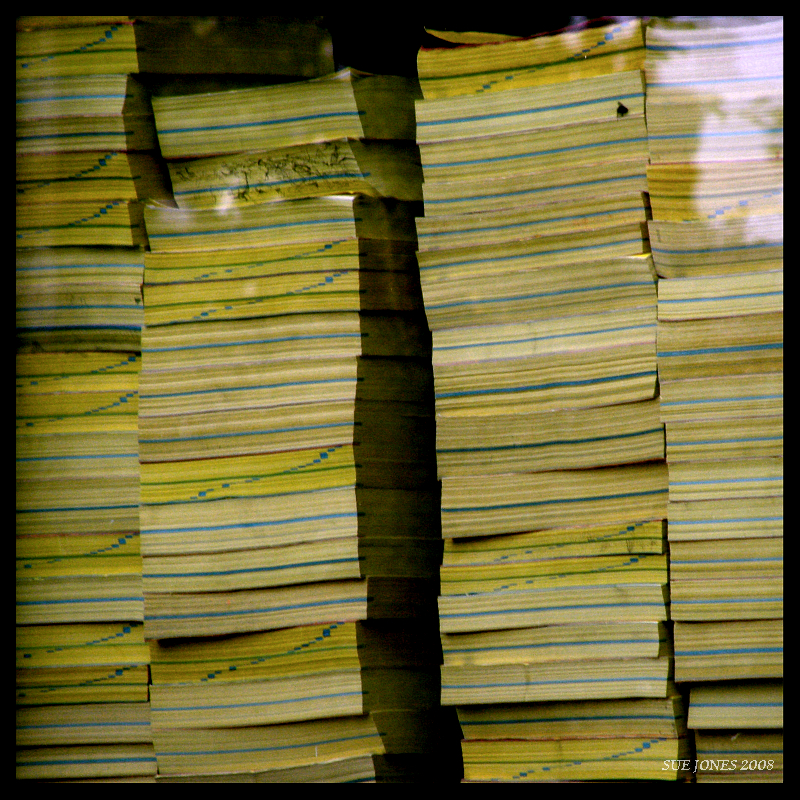
Yellow pages used to be one of those businesses that you relied upon to provide calls that lead to sales. They were at the top of their game, the top of their market and charged accordingly. We had many of our clients paying £600 plus for a tiny quarter column and in a single section. They were unionised so we had to provide flat artwork, with an NGA stamp on the back of it far later than anyone else in the industry.
It was worth the hassle though because it worked.
But now I’m sure that it doesn’t.
Yellow Pages started in 1966 as a supplement to the Brighton telephone book and spiralled upwards from there. In 2008, they produced 104 different regional copies and distributed them free to 28.4 million UK homes.
My new 2010 copy arrived on Thursday last week and was left on my doorstep. I looked at it for a day or so and then emptied into the recycling bin without even unwrapping it. I’m not alone. Every single person I have asked has done the same, so the advertisers money is literally being thrown away.
And that’s because the brand hasn’t evolved anywhere near fast enough to remain relevant. It’s currently swamped under a debt of £3.8bn and had an underlying loss of over £1bn last year. So why is it still insisting we need these doorstop directories and why are advertisers still paying to be unseen?
I can only conclude that if they are losing that much money, they are either paying too much to print them, too much to distribute them or their advertising revenue has fallen to a level a long way below breakeven. So they need to implement a massive and structural change to remain relevant to an audience that is behaving very differently to those that were around in 1966.
In 1993 they ran one of the most famous TV commercials ever, but surely poor Mr Hartley could now just buy it on Ebay or a specialist book finding site online.
192.com are running an e-petition (which is a thinly disguised advertising campaign) to get you to sign up to say ‘no’ to printed directories. In these environmentally conscious days, they have a point and I for one can’t remember an occasion when I turned to the Yellow pages for the search I needed.

The figures from Google show that 87% of all online activity begins with a search and they handle over 7 billion searches in any given month. According to Wikipedia, who reference Nielsen and other independent studies, they have a very slim percentage of Internet searches.
And their online version Yell, is a bit rubbish. It’s no better than any other internet search as it doesn’t come with a recommendation like Facebook and even Twitter can provide and it doesn’t allow you to feed back as to what you thought of the suppliers using something like Feefo so we can begin to trust those who advertise and tell the cowboy from the craftsman.
It’s very easy for me to have a pop at someone like Yell when they are down and on their way out, but for them to not evolve, is signing their own death warrant. There’s a slightly different logo on the Yell site (whoopee) but it is in effect, exactly the same product as when they launched it to the market – before Google were any form of force – in 1996.
There is such a strong theme emerging in my thoughts that any business now will have to be different in a few years time, that it worries me how many more of these classic institutions are going to go the same way.
Woolworths did, Waterford Wedgwood did and Yellow Pages probably will, so who’s next?
Evolve or die, because this generation isn’t like previous generations and the next one will be different again.
Thanks to Sue Tortoise for her Yellow Pages image. You can see more of her lovely natural work here. She seems to work more in the field of nature and all things flora and fauna, so it was a surprise to find this image amongst her collection. Anyway, thanks Sue.